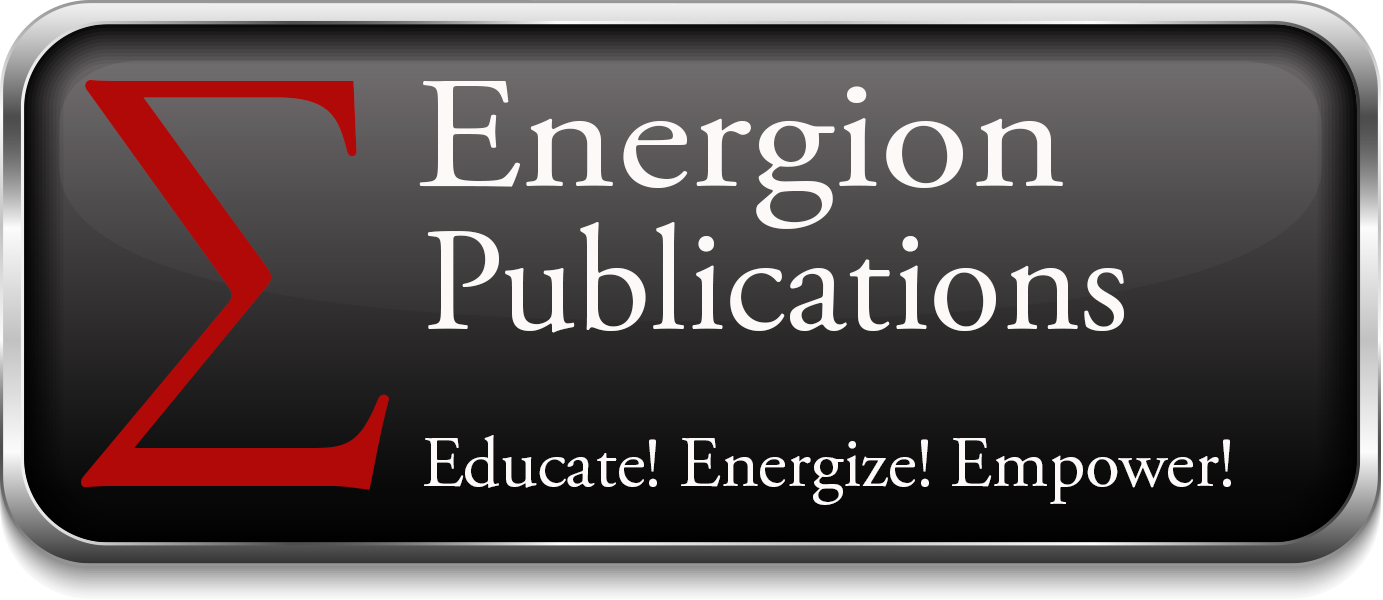Platforms, Dollars, and Publishing Good Books
 Scot McKnight is concerned about author platforms and how books are marketed. (In publishing, “platform” refers to the publicity generating and public-connecting capabilities an author has, such as blogs, social media, church congregation, speaking schedule, etc.) I have a great deal of respect for Dr. McKnight, and I believe he raises some legitimate concerns.
Scot McKnight is concerned about author platforms and how books are marketed. (In publishing, “platform” refers to the publicity generating and public-connecting capabilities an author has, such as blogs, social media, church congregation, speaking schedule, etc.) I have a great deal of respect for Dr. McKnight, and I believe he raises some legitimate concerns.
However, I am still going to be asking authors about their platform.
There are a number of reasons for this. The bottom line is that I have to pay the bills, and one way I can measure how a book is going to sell is by looking at how the author interacts with the public. The best correlation I can find in Energion’s sales statistics is between the activity of the author and the sales of that author’s books.
I can understand concerns about just what an author’s Twitter following measures. I am well aware that one can collect many irrelevant followers as I have done it myself. In reviewing an author’s Twitter account, I’m not only interested in the number of followers, I’m interested in what the author chooses to Tweet about. The results will be weighed and not just counted. I’m pretty sure larger publishing companies are aware of this as well.
The better the author’s existing platform, the less I’m going to have to spend for the same effect in marketing. I don’t have money to intentionally publish books because I think they’re good, but suspect they won’t sell. I have made some mistakes. I have published books that lost me money. One way to avoid that is to check the author’s platform.
In addition to telling me something about how many people know the author and might be willing to buy his or her books, the platform tells me how anxious the author is to communicate. Is this a person who’s going to send me a manuscript, see it through to publication and then sit back and wonder when the sales will start? Or is this someone who will be looking for opportunities to speak, write, and generally communicate with those who might benefit from reading the book?
Those are relevant questions. I’ve told a number of authors that their message may be great, but if nobody hears or reads it, the message produces no good. I would even say that I find in my authors the opposite fault to the one Dr. McKnight mentions. These people are concerned that in putting themselves forward, they’ll get in the way of the message they want to proclaim through their writing. I have to convince authors that people need to know them before they’re going to be willing to listen to them. We might like to think it’s all about credibility, research, and credentials. But it’s often much more about familiarity and trust.
Now it is important that books also be good quality. But I think that this should be a two-layer filter. In order to be successful in publishing a book I need both good content and good marketing, and one major element of good marketing is an author who can be a significant active part of that marketing effort.
Energion Publications remains a small publisher. We’re not even approaching becoming mid-sized. It may be larger publishers are picking people out to publish just because they have a following and can hire someone to write a book for them. That is a sad commentary if it’s true. But then the problem isn’t in looking at the author’s platform, and looking at the platform doesn’t necessarily require a decision to publish substandard books.
I want to comment on one more element. I place a high value on non-professional reviewers. I refer to Dr. McKnight’s sixth point. Yes, there have been efforts to inflate reviews by giving out books in exchange for reviews on Amazon.com. We have our blogger review program. We don’t require an Amazon.com review, but we do appreciate it when those who receive free books provide one there (or on B&N). We do, however, require a review on their blog.
Yes, non-professional reviews have their own risks. You may get amateur comments and accusations. You may see a review filled with grammatical errors which accuses you of having missed them in the book. You may be fact checked by someone who is apparently unaware of the facts. But in my experience, the vast majority of the criticism that has come our way through blogger reviews has been legitimate. In some cases I might not agree, but in many cases I did, and determined to do better. I very rarely have thought a review was just plain lousy.
Book reviewers for magazines and journals get free review copies. I see no reason not to give them to bloggers. We do reserve the right to be selective, as in expecting certain standards from the bloggers to whom we send review copies. But we’re not going to limit ourselves any time soon.
I share Dr. McKnight’s concerns about the type of books that are published for the Christian community. But publishers also need to sell books. I wonder if reviewers and other Christian writers are also looking for good books by obscure people they can bring to the attention of the public.


